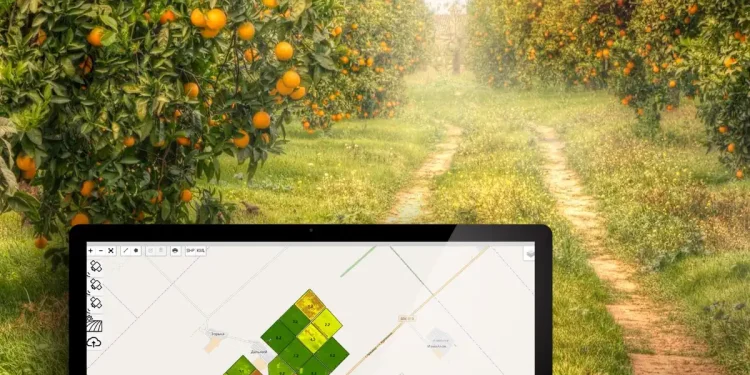In this article, we delve into the realm of digitalization in horticulture and highlight its substantial potential for transforming agricultural practices. By utilizing the latest data from reputable sources, including insights provided in the article from GlavAgronom (source: https://glavagronom.ru/news/cifrovizaciya-v-sadovodstve-otstaet-ot-polevodstva-no-imeet-znachitelnyy-potencial), we provide valuable information for farmers, agronomists, agricultural engineers, farm owners, and scientists involved in the horticultural sector.
According to the recent report by GlavAgronom, the digitalization of horticulture is lagging behind that of field crops, but it holds significant potential for revolutionizing the industry. Digital technologies, such as precision agriculture, Internet of Things (IoT), and data analytics, can enable more efficient resource management, improved crop monitoring, and enhanced decision-making processes.
Precision agriculture techniques, including remote sensing and geospatial mapping, can provide farmers with detailed insights into crop health, growth patterns, and nutrient requirements. By using drones, satellites, and advanced sensors, farmers can obtain real-time information on their crops, allowing for targeted interventions and optimized resource allocation.
The integration of IoT devices and smart sensors in horticultural systems offers the opportunity to monitor and control various environmental factors, such as temperature, humidity, and irrigation. This real-time monitoring facilitates precise management of growing conditions, ensuring optimal growth and minimizing resource waste.
Data analytics plays a crucial role in harnessing the power of digitalization. By collecting and analyzing data on crop performance, weather patterns, market trends, and consumer demands, farmers can make informed decisions, improve operational efficiency, and optimize their business strategies.
In conclusion, while the digitalization of horticulture may still be in its early stages compared to field crops, it presents significant potential for driving innovation and improving productivity in the industry. By embracing digital technologies, farmers can enhance resource management, crop monitoring, and decision-making processes, leading to more sustainable and profitable horticultural practices. Agronomists, agricultural engineers, farm owners, and scientists should explore and leverage the benefits of digitalization to unlock the full potential of horticulture.
Tags: digitalization, horticulture, precision agriculture, IoT, data analytics, resource management, crop monitoring, decision-making, sustainability, productivity.












